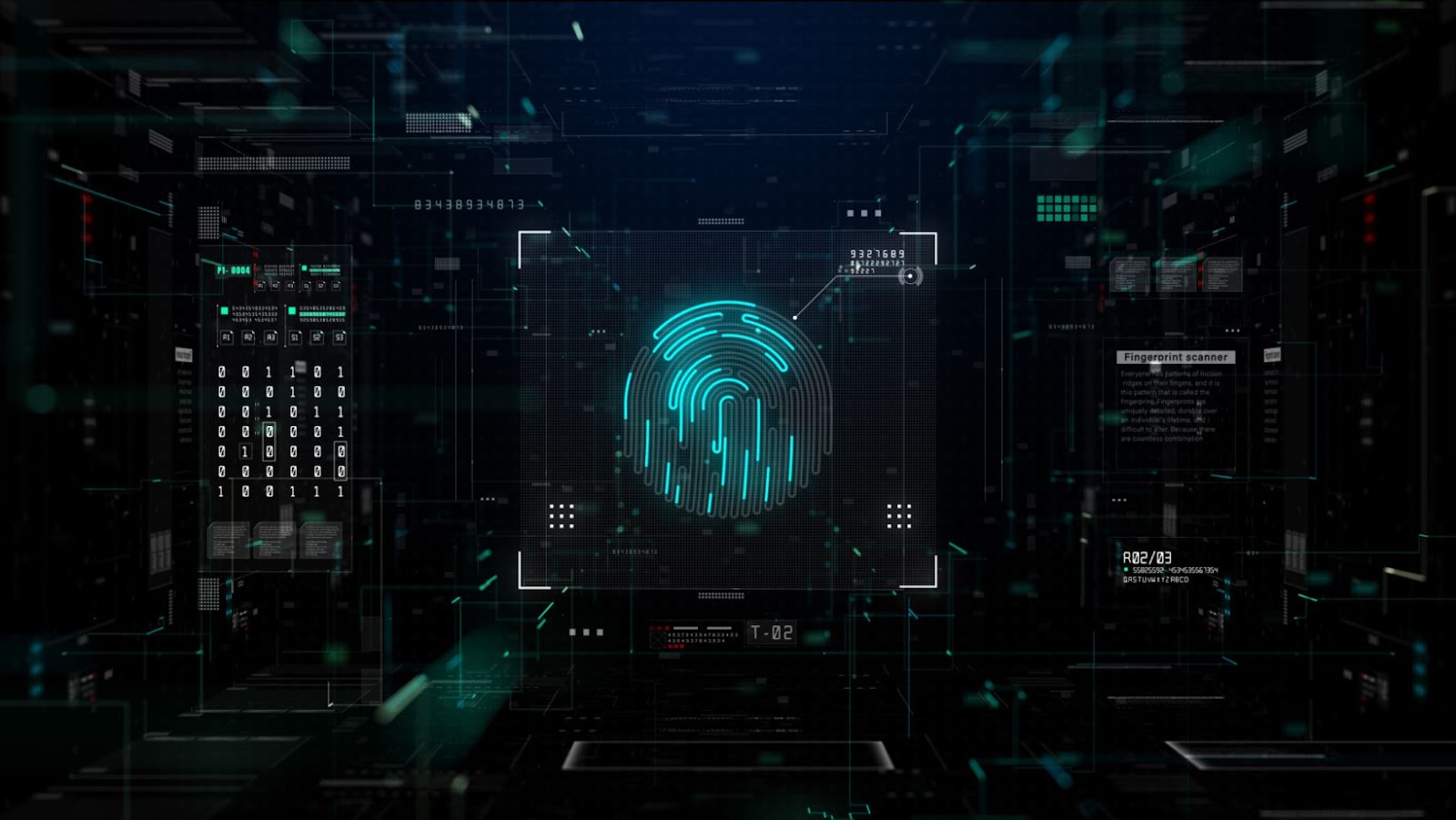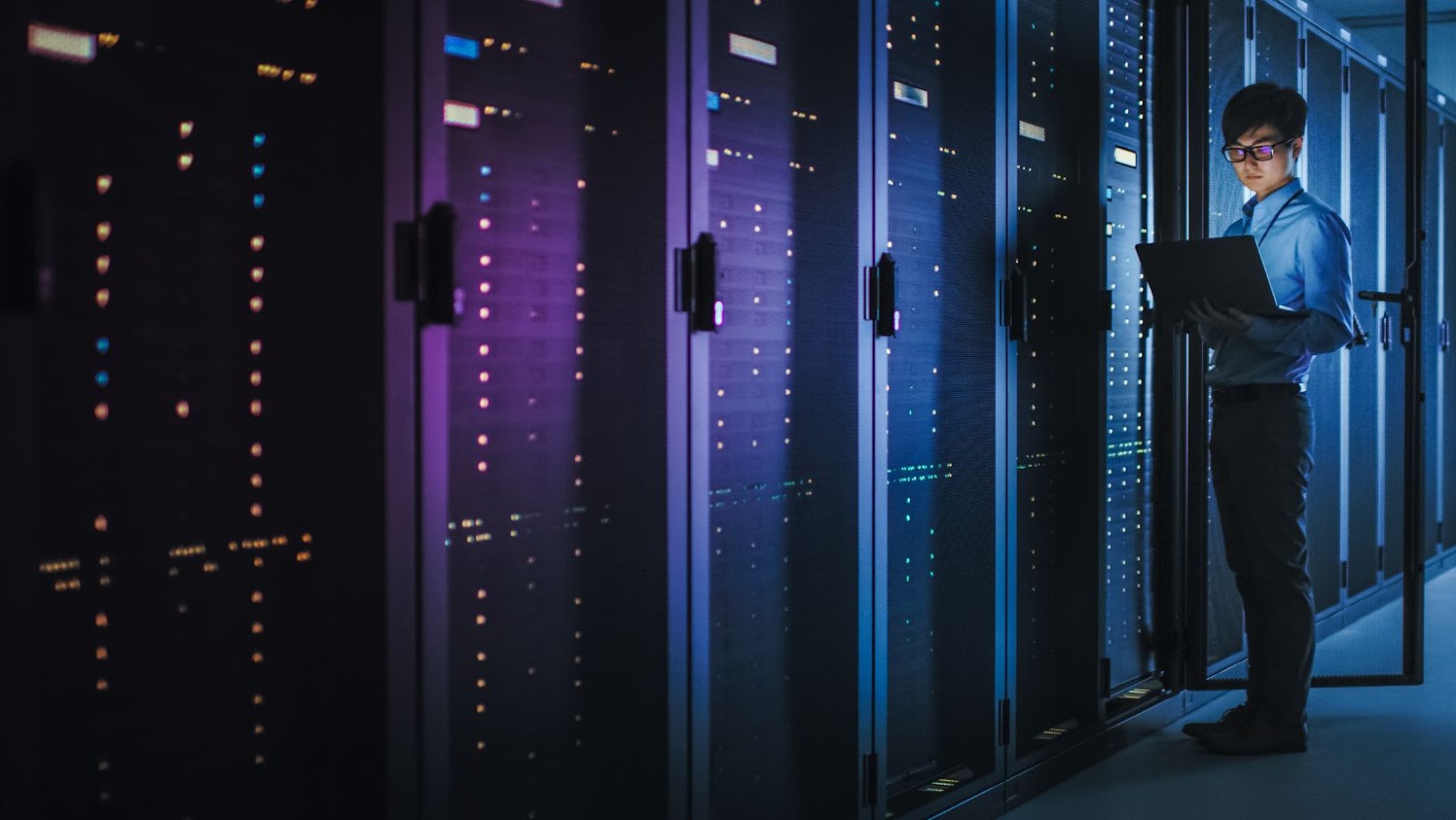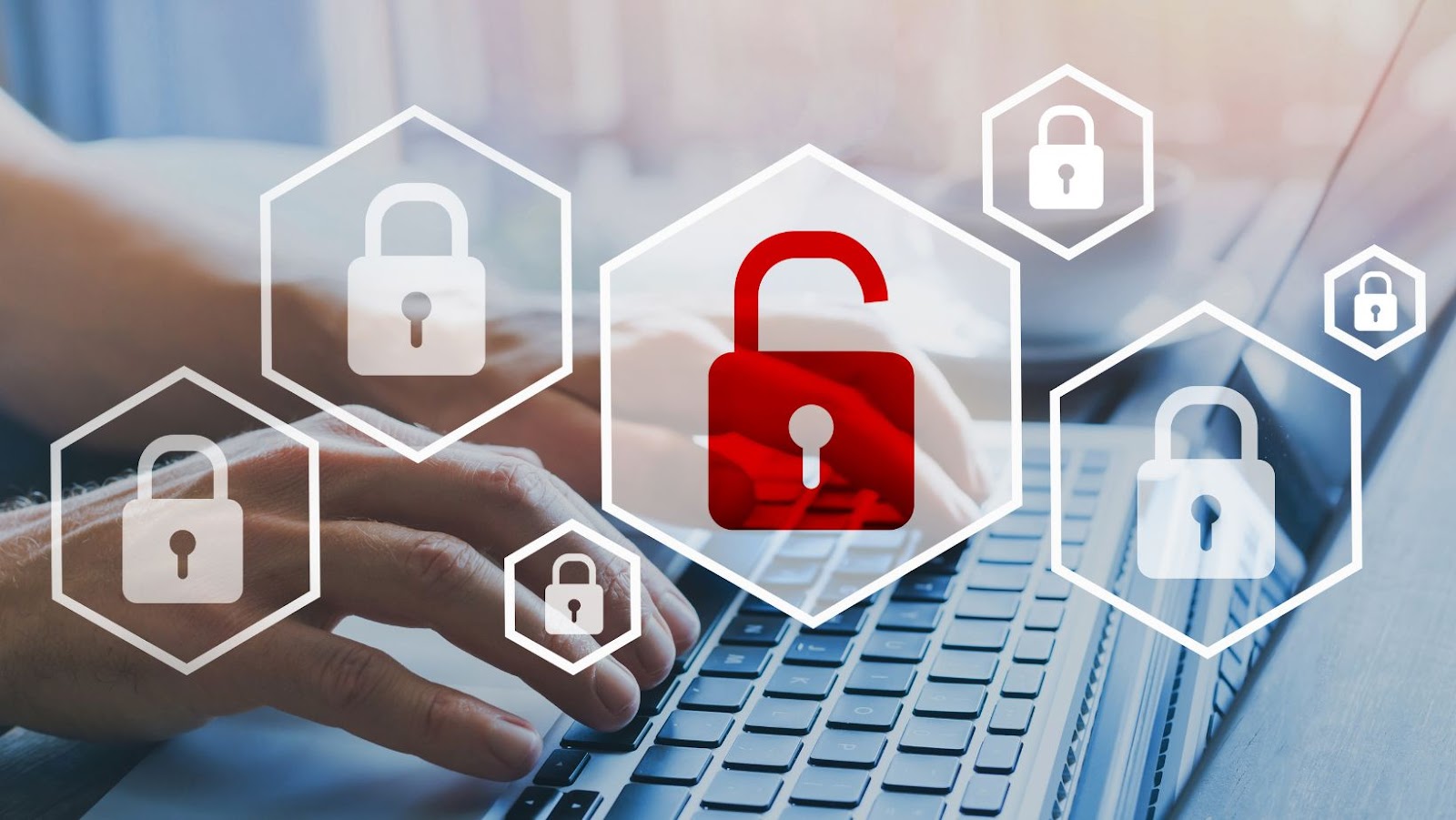As a cybersecurity expert, I often ask, “What do cybersecurity professionals do?” Cybersecurity protects computer systems, networks, and sensitive information from unauthorized access or theft. In addition, cybersecurity professionals are responsible for ensuring computer systems and data confidentiality, integrity, and availability.
Cybersecurity professionals work to identify and prevent cyber threats such as hacking, phishing attacks, malware, and other security breaches. They also play an important role in investigating and responding to security incidents appropriately. This can involve identifying the source of an attack, containing the damage, and recovering lost data.
In addition to their technical skills and knowledge, cybersecurity professionals must have strong communication and problem-solving abilities and dedication to learning and staying up-to-date on the latest security technologies and trends. The work of cybersecurity professionals is crucial in protecting businesses, governments, and individuals from cyber threats, making it a rewarding and challenging field to work in.
The Role of Cybersecurity in Protecting Data
As more and more of our lives and business operations move online, the importance of cybersecurity has never been greater. But what do cybersecurity professionals do? In short, their job is to protect computer networks and digital infrastructure from unauthorized access, theft, and damage.
To better understand cybersecurity’s role, let’s take a closer look at how it helps protect our sensitive data.
Identifying And Managing Threats
Cybersecurity professionals proactively identify potential threats that could compromise a network’s security. This can include everything from malware and ransomware to sophisticated hacking attempts. Once a threat is detected, cybersecurity experts quickly mitigate the risk and prevent any damage.
Implementing Security Measures
To prevent unauthorized access to networks and data, cybersecurity professionals implement a variety of security measures. This can include firewalls, intrusion detection systems, and encryption technologies. In addition, organizations can use a multi-layered approach to cybersecurity to ensure their sensitive data stays safe from even the most sophisticated cyber attacks.
Educating Employees
Employees play a critical role in cybersecurity, as their actions often make or break a network’s security. Cybersecurity professionals work to educate employees on best practices for digital security, including the importance of strong passwords, the risks of phishing scams, and the need for regular software updates.
Responding to Incidents
Despite the best efforts of cybersecurity professionals, incidents can still occur. Cybersecurity experts quickly respond and minimize the damage in a data breach or security incident. This can include everything from identifying the source of the breach to restoring data and taking steps to prevent future incidents.
Overall, the role of cybersecurity in protecting data is essential in today’s digital age. Cybersecurity professionals play a critical role in keeping our sensitive data safe from harm by staying vigilant and taking proactive measures to prevent cyber threats.

What Do Cybersecurity Do
In today’s digital age, cyber threats are becoming increasingly prevalent and sophisticated, posing a significant risk to individuals, businesses, and governments worldwide. As a cybersecurity expert, it’s part of my job to stay up-to-date on the latest trends and tactics hackers use to identify and mitigate potential threats.
Here are some of the major cyber threats facing the modern world:
- Phishing attacks involve sending emails or texts that appear to be from a legitimate source but are designed to steal sensitive information such as passwords, credit card details, and other personal information.
- Malware: Malware is malicious software designed to harm devices, steal data, or disrupt normal operations.
- Ransomware: Ransomware is malware that encrypts a victim’s files and demands payment for the decryption key. It’s becoming a popular way for cybercriminals to make money quickly.
- Denial of Service (DoS) attacks: DoS attacks are designed to flood a network or website with traffic, overwhelming the system and causing it to become unavailable to users.
- Advanced Persistent Threats (APT): APTs are sophisticated cyber attacks usually carried out by state-sponsored hacking groups. They are designed to stay hidden inside a network for an extended period while stealing sensitive data.
- Insider threats: An insider threat is when an employee or contractor with authorized access to sensitive information intentionally or unintentionally discloses that information.
As you can see, the cybersecurity threats are diverse and constantly evolving. That’s why having a cybersecurity expert on board who can anticipate and mitigate potential risks is essential. As a cybersecurity expert, I must stay proactive in safeguarding data and systems from cyber-attacks.
As a cybersecurity expert, I can tell you that cybersecurity measures are crucial for individuals and businesses. But what do cybersecurity professionals do? First, they design and implement security measures to protect computer systems, networks, and sensitive information from unauthorized access, theft, or damage.
Regarding effective cybersecurity measures, there are a few key things that individuals and businesses can do to stay safe. Here are some tips:

Effective Cybersecurity Measures For Individuals
- Use strong passwords and change them regularly
- Enable two-factor authentication whenever possible
- Keep software and operating systems up to date with the latest security patches
- Use a reputable antivirus or anti-malware program
- Be cautious of suspicious emails or messages, and don’t click on links or download attachments from unknown sources
- Only share personal or sensitive information when necessary and with trusted sources

Effective Cybersecurity Measures For Businesses
- Conduct regular security risk assessments to identify potential vulnerabilities and threats
- Establish clear security policies and procedures, and ensure all employees understand and follow them
- Use firewalls, intrusion detection systems, and other tools to monitor and protect networks
- Implement access controls and authentication mechanisms to limit access to sensitive data or systems
- Train employees on cybersecurity best practices and provide ongoing awareness training
- Regularly backup data and test data recovery plans to ensure business continuity in the event of a cyber-attack or data breach
By following these and other effective cybersecurity measures, individuals and businesses can better protect themselves from cyber threats and keep their sensitive information safe.



